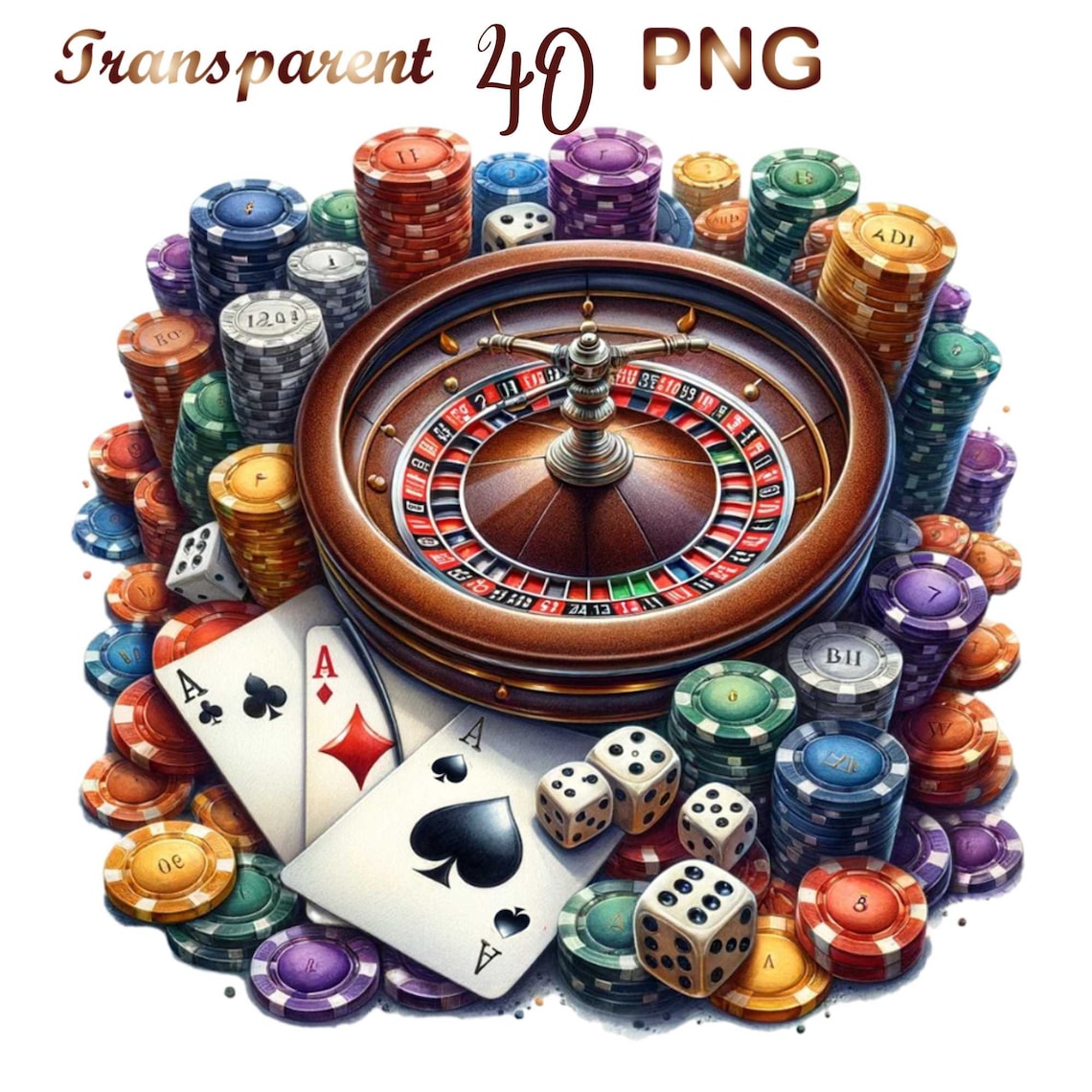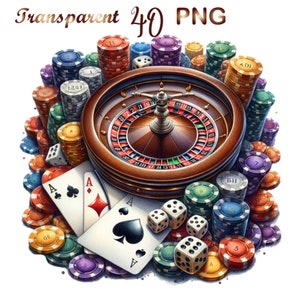Banyak Dikunjungi 31.400 Orang Mengunjungi Dalam 24 Jam Terakhir
Price:Rp 10.000
Original Price: Rp 10,000
50% off
Limited time sale

SAHABAT333: Situs Slot Gacor Bet 200 Server Thailand Freebet Edisi Terbaru Malam Ini
SAHABAT333 adalah situs slot gacor bet 200 server Thailand resmi dengan freebet menarik. Edisi terbaru malam ini menawarkan RTP tinggi, game populer, bonus melimpah, transaksi cepat, dan keamanan terjamin untuk pengalaman bermain nyaman, stabil, dan peluang menang maksimal setiap hari bagi semua member setia online percaya.
Star Seller
Star Sellers have an outstanding track record for providing a great customer experience—they consistently earned 5-star reviews, shipped orders on time, and replied quickly to any messages they received.
You can only make an offer when buying a single item
Star Seller. Penjual ini secara konsisten mendapatkan ulasan bintang 5, mengirim tepat waktu, dan membalas dengan cepat setiap pesan yang mereka terima.
Highlights
slot gacor berarti Anda memulai sesi permainan dengan modal awal Rp 10.000 lewat kanal pembayaran mikro. Kanal populer meliputi QRIS, DANA, OVO, GoPay, ShopeePay, dan Pulsa. Praktiknya, deposit mikro membantu pemula belajar manajemen saldo tanpa risiko besar.
Metode mana yang paling cepat dan stabil?
Prioritaskan kecepatan, tingkat berhasil, dan kemudahan verifikasi.
Intinya: jika Anda mengejar kecepatan bersih, gunakan QRIS cepat. Jika lebih nyaman di e-wallet, pilih DANA/OVO/GoPay/ShopeePay. Pulsa berguna saat tak ada rekening/e-wallet aktif.
Bagaimana cara mengoptimalkanslot RTP tinggi SLOT GACOR HARI INI hari ini?
RTP menunjukkan persentase teoretis pengembalian jangka panjang. Untuk sesi pendek bermodal 5k, fokus pada game dengan RTP ≥ 96% dan volatilitas rendah-menengah agar frekuensi hit lebih sering.
- Buka papan RTP live situs Anda sebelum bermain.
- Pilih 2-3 game dengan tren RTP positif danhit frequency stabil.
- Uji 10-20 spin modal kecil; lanjutkan hanya jika tren pembayaran konsisten.
Jam gacor: adakah pola waktu?
Pola “ramai malam” sering muncul di komunitas, namun jadikanhipotesis bukan kepastian. Praktik yang aman:
- Catat performa pribadi per jam selama 7-14 hari.
- Jika data Anda menunjukkan performa lebih baik di jam tertentu (mis. 21:00-01:00), jadwalkan sesi di rentang itu.
- Hentikan sesi saat mencapai target menang atau batas rugi, tanpa mengejar kekalahan.
Strategi kelola saldo untukslot gacor untuk pemula
- Target & batas: target menang 100-200% dari modal; batas rugi 60-80% dari modal.
- Bet mikro: gunakan nominal terendah (mis. 100-200 per spin) agar panjang sesi meningkat.
- Rasio 60:40: 60% untuk game stabil (RTP tinggi, volatilitas menengah/rendah); 40% untuk uji peluang (free spin murah/jackpot kecil).
- Naikkan bertahap: hanya naikkan bet setelah profit mengunci saldo awal.
Rekomendasi game hemat untuk SLOT GACOR HARI INI
- Pragmatic Play (depo 5k pragmatic play): cari judul dengan fiturfree spin terjangkau dan opsiquick spin.
- PG Soft (slot PG Soft SLOT GACOR HARI INI): sericluster pays ataumulti-hit sering memberi ritme hit yang cocok untuk saldo tipis.
- Buy spin murah: pilih game dengan harga buy < 50x bet untuk eksposur fitur tanpa membakar saldo.
Bonus & promosi: mana yang realistis?
Bonus new member slot gacor membantu memperpanjang sesi, namun selalu cek:
- TO (turnover): pilih syarat TO wajar (mis. 8-15x) agar peluang tembus lebih realistis.
- Kontribusi game: beberapa slot berkontribusi <100% ke TO.
- Plafon WD: pastikan limit penarikan tidak mengekang (mis. minimal WD Rp10-25 ribu selaras dengan "slot gacor minimal WD 10 ribu/25k").
Perbandingan:slot gacor vs 10000
- 5k: belajar ritme game, uji RTP, cocok untuk pemula & uji promosi.
- 10k: ruang manuver lebih besar (spin lebih banyak), fleksibel untuk memicu fitur bonus.
- Praktik: mulai 5k; jika pola pembayaran baik, tambah 5k kedua; tetap taat target & batas.
Cara daftar akun verifikasi cepat (< 2 menit)
- Buat akun dengan email/HP aktif.
- Verifikasi OTP.
- Lakukan deposit QRIS atau e-wallet untuk aktivasi saldo < 30 detik.
- Lengkapi profil untuk kelancaran WD (nama bank, nomor rekening/e-wallet; opsidepo 5k tanpa rekening bank tersedia via QRIS/pulsa).
Keamanan transaksi: apa yang perlu dicek?
- SSL: pastikan situs memakai enkripsi TLS/SSL (ikon gembok).
- Gateway tepercaya: cari logo/syarat PCI DSS pada penyedia pembayaran.
- Lisensi: pilih situs yang menampilkan informasi lisensi dan kontak dukungan jelas.
Mobile-friendly
- UI responsif; tombol deposit/WD jelas.
- Game ringan;loading cepat di jaringan seluler.
- Live chat 24 jam; respons < 2 menit.
Instant Dan Hanya butuh waktu paling lama 10 menit setelah memesan
slot gacor Proteksi Pembelian
Berbelanja dengan percaya diri di slot gacor dan mengetahui jika terjadi kesalahan pada pesanan Anda, kami siap membantu Anda untuk semua pembelian yang memenuhi syarat —
see program terms
Saya sudah mencoba banyak situs slot online, tapi SAHABAT333 paling konsisten. Provider resminya jelas, sistemnya stabil, dan transaksi deposit maupun withdraw selalu cepat. Selama main, belum pernah ada masalah sama sekali.
Yang bikin betah di SAHABAT333 itu keamanannya. Data aman, permainan fair, dan bonusnya sering update. Jackpot juga beberapa kali saya rasakan pecah, jadi benar-benar terasa gacornya.
Buat yang cari situs slot gacor hari ini, SAHABAT333 wajib dicoba. Customer service-nya responsif, link selalu aktif, dan cocok untuk pemain pemula sampai pemain lama. Pengalaman mainnya sangat memuaskan.

This seller usually responds within a few hours.
Speedy replies Has a history of replying to messages quickly.
Rave reviews Average review rating is 4.8 or higher.
| Jenis Game | Slot, Togel dan Poker |
| Minimal Deposit | Rp 10.000 |
| Minimal Withdraw | Rp 50.000 |
| Transaksi Pembayaran | QRIS/DANA/OVO/GoPay/ShopeePay/Pulsa |
| Perkiraan Waktu Proses | 10-60 Detik |
| Rating | - 55.1K ulasan |

















